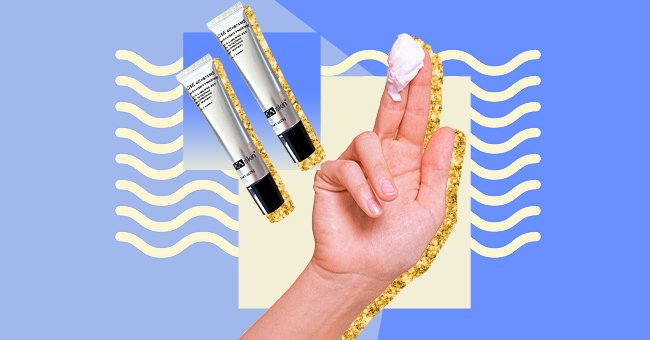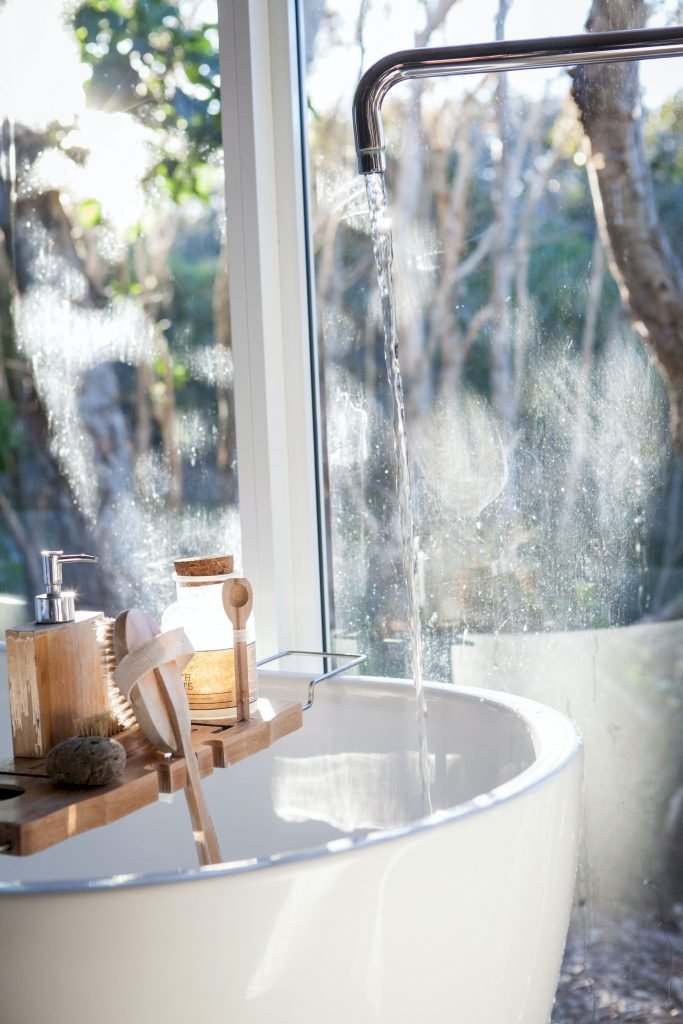
5 Tips On Using Retinoids On Sensitive Skin According To Dermatologists
Retinols are the skincare ingredient that every aesthetic expert and lover is talking about. No matter where you turn for skincare advice, retinol seems to come up in conversation.
Dermatologists, aestheticians, and skincare enthusiasts all agree on two items, sunscreen, and retinol. These seemingly essential skin ingredients have a variety of benefits but can have their downfalls too.
People with sensitive skin often react badly to the effects of retinol and other acids. See the top five tips that skin experts recommend to avoid flare-ups, irritation, and different reactions when using a retinol.
Wash It Off
Retinol products are usually used as leave-on applications, but that doesn’t make leaving them on essential. Dermatologist Camille Howard-Verovic shares a simple application tip that helps many.
“...So you come home and put it on, and then you wash it off before you go to bed and resume the rest of your skincare routine.”

Photo by Photoholgic on Unsplash
Experts widely know this trick as ‘short contact therapy’ and even have clinical trial proven benefits. The handy method resulted in less irritation on the skin for participants and improved skin conditions.
Opt For A Milder Product
It is common to experience flare-ups and skin irritation when first using retinol. This unpleasant side effect period won’t last more than a few weeks for most people, thus earning the nickname’ purging period’.
People with more sensitive skin may find that they don’t get over the purging period at all. Experts advise that these users switch to low concentration products instead of the more harsh prescription retinoids.
Combine With Soothing Products
Retinol products are known to cause havoc when combined with other skincare products. Most skin care professionals advise that retinol be incorporated into a skincare routine alone before adding other items.
Fortunately, soothing products such as hydrating hyaluronic acids work well with retinol products. Combining these items in your skincare routine will help soothe your skin while your retinoids get to work.
Use It In Small Amounts
One of the best ways to avoid significant irritation caused by retinol is to apply it in tiny amounts. Dermatologist Dr. Joshua Zeichner advises using a pea-sized quantity every other night when starting.
Use It In The Evening
Experts present that retinol stops being beneficial once it is in contact with the sun. It’s also essential to provide the skin with damage prevention and protection throughout the day with other ingredients.
“Pure retinol is unstable in ultraviolet light, which means it can rapidly become inactivated if it’s applied to skin and you’re in the sun, so it should be applied in the evening in your nighttime skincare routine on clean skin,”
Says Dr. Zeichner

Photo by Roberto Nickson on Unsplash
Some newer products ensure that the retinol ingredient stays active during the day, but nighttime is still best. Incorporate your new retinol product into your evening routine for the best results for your skin.